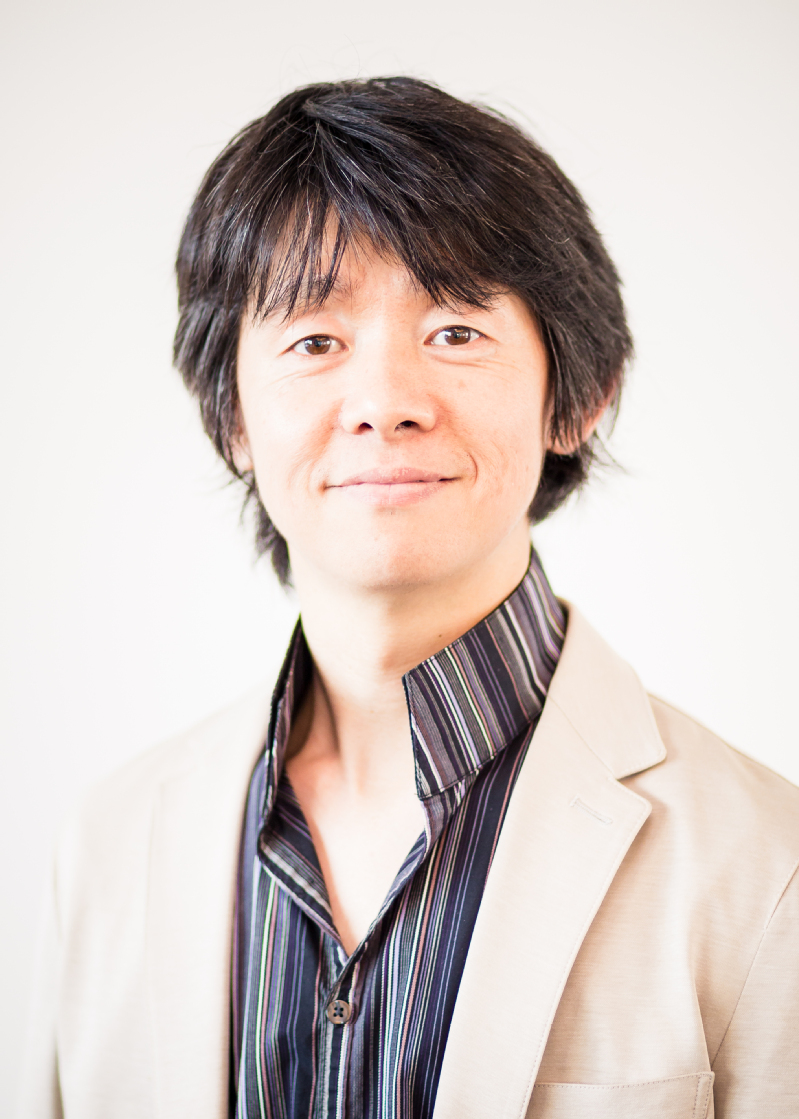

工作经历
2021年9月-至今 暨南大学经济与社会研究院 教授
教育情况
Ph.D., Economics, Northwestern University,2007
M.A., Business and Commerce, Keio University,1999
B.A., Economics, Keio University,1997
研究领域
卫生经济学、微观计量经济学、劳动经济学、公共财政、家庭经济学、产业组织
部分发表论文
Maruyama, S., and Heinesen, E. (2020) Another Look at Returns to Birthweight, Journal of Health Economics, 70.
Maruyama, S., and Nakamura, S. (2018) Why Are Women Slimmer Than Men in Developed Countries? Economics and Human Biology, 30, 1-13.
Eskil Heinesen, Susumu Imai, and Shiko Maruyama (2018) Employment, Occupational Mobility and Job Skills of Cancer Survivors, Journal of Health Economics, 58, 151-175.
Perks, G., and Maruyama, S. (2017) The 'Flock' Phenomenon of the Sydney Lockout Laws: Dual Effects on Rental Prices, Economic Record, 93(303), 517-532.
Maruyama, S., and Johar, M. (2017) Do Siblings Free-Ride in 'Being There' for Parents? Quantitative Economics, 8(1), 277-316.
[Formerly circulated as Externality and Strategic Interaction in the Location Choice of Siblings under Altruism toward Parents, UNSW Australian School of Business Research Paper, No. 2012 ECON 15, University of New South Wales, February 2012.]
Johar, M., Maruyama, S., and Truong, J. (2017) The Contribution of Western Fast Food to Fast-Growing Body Mass in China, Applied Economics, 49(8), 797-811.
Maruyama, S., and Nakamura, S. (2015) The Decline in BMI among Japanese Women after WWII, Economics and Human Biology, 18, 125-138.
Maruyama, S. (2015) The Effect of Coresidence on Parental Health in Japan, Journal of The Japanese and International Economies, 35, 1-22.
[Formerly circulated as Inter Vivos Health Transfers: Final Days of Japanese Elderly Parents, UNSW Australian School of Business Research Paper, No. 2012 ECON 20, 2012.]
Johar, M., Maruyama, S., and Nakamura, S. (2015) Reciprocity in the Formation of Intergenerational Coresidence, Journal of Family and Economic Issues, 36(2), 192-209.
[Formerly circulated as Transition to Parent-Child Coresidence: Parental Needs and the Strategic Bequest Motive, UNSW Australian School of Business Research Paper, No. 2010 ECON 05, 2010.]
Maruyama, S. (2014) Estimation of Finite Sequential Games, Journal of Econometrics, 178(2), 716-726.
[Formerly circulated as Estimating Sequential-Move Games by a Recursive Conditioning Simulator, UNSW Australian School of Business Research Paper, No. 2009 ECON 01, 2009.]
Johar, M., and Maruyama, S. (2014) Does Coresidence Improve an Elderly Parent's Health? Journal of Applied Econometrics, 29(6), September/October 2014: 965-983.
Maruyama, S., and Yin, Q. (2012) The Opportunity Cost of Exercise: Do Higher-Earning Australians Exercise Longer, Harder, or Both? Health Policy, 106(2), July 2012: 187-194.
Johar, M., and Maruyama, S. (2011) Intergenerational Cohabitation in Modern Indonesia: Filial Support and Dependence, Health Economics, 20(S1), September 2011: 87-104.
Maruyama, S. (2011) Socially Optimal Subsidies for Entry: The Case of Medicare Payments to HMOs, International Economic Review, 52(1), 105-129.
[Formerly circulated as Measuring the Welfare Effect of Entry in Differentiated Product Markets: The Case of Medicare HMOs, School of Economics Discussion Paper: 2008/01, 2008.]